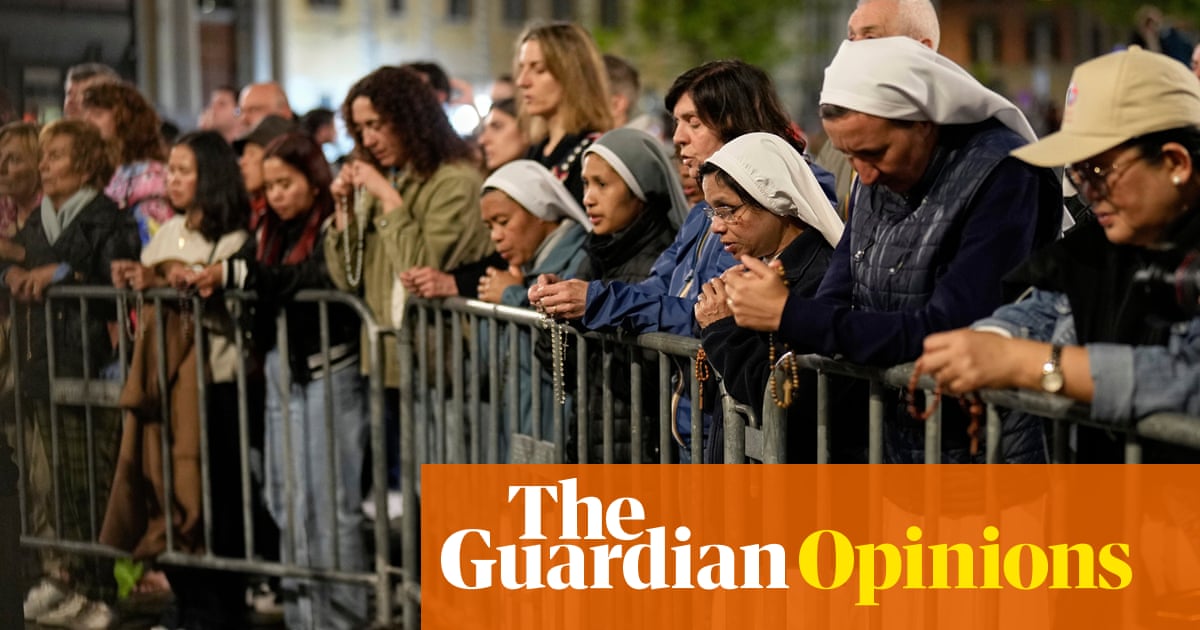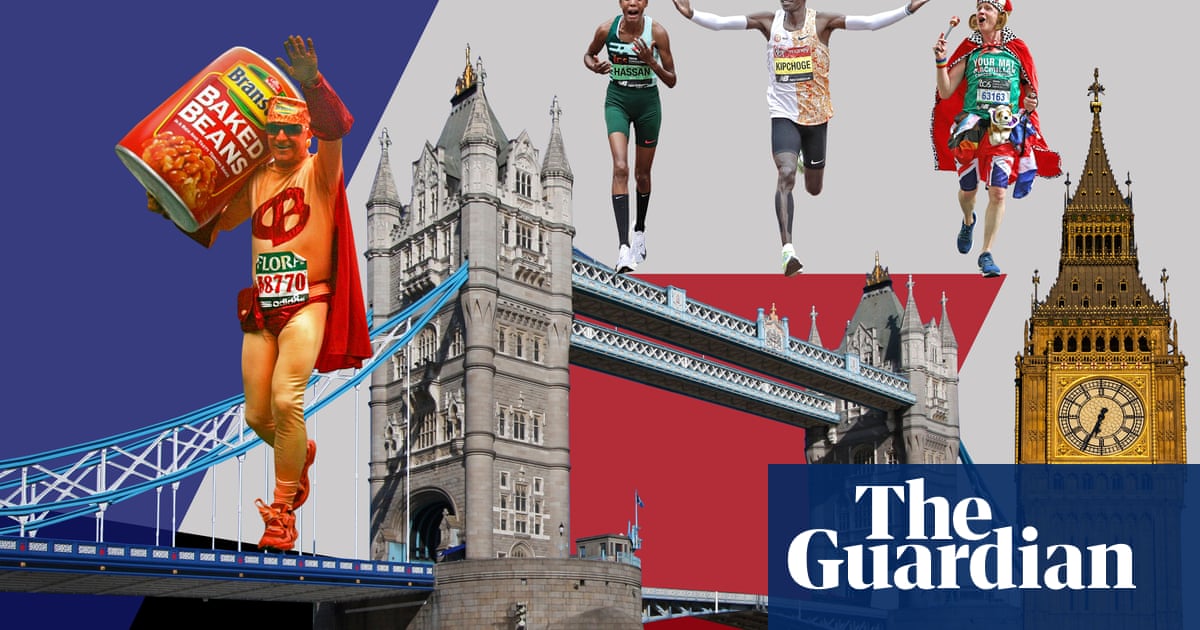One of Labour’s first actions in office was to rename the Department for Levelling Up, Housing and Communities, ditching the Johnsonian slogan that briefly dominated British politics following the “red wall” election of 2019. Since July, the deputy prime minister, Angela Rayner, has instead presided over the Ministry of Housing, Communities and Local Government. The change of title reflected a shift in emphasis. While still hoping to lift the fortunes of post‑industrial towns in the north and Midlands, the new government’s overriding mission was to raise living standards across the country by investing in a new era of higher growth and productivity.
Amid market turbulence and gloomy economic prognoses, the early challenges to that approach have been well documented. Meanwhile, the country’s regional divides remain as deep and corrosive as ever. This week, a report by the Centre for Cities thinktank offers a salutary reminder of the yawning gaps that led to talk of levelling up and “rebalancing” the economy in the first place.
According to its annual Cities Outlook study, workers in London are typically paid at least 68% more than those in Burnley. Eight of the 10 cities with the highest wages are in the south-east, while companies involved in cutting-edge industries such as neurotechnology and artificial intelligence are also largely based there. Brighton, for example, has four times as many “new economy” businesses per 10,000 of the population as Sunderland.
The prolonged period of polarisation and disruption in British politics, from the Brexit vote in 2016 to the current rise of Reform UK, has partly been driven by such disparities. Labour aspires to start bridging the divides. But with strong fiscal headwinds, growth is likely to be modest in the short term and quite possibly thereafter.
In the north, moreover, it is likely to be focused in cities such as Manchester and Leeds, with a “trickle-out” effect to outlying areas that may be limited at best. As the Centre for Cities’ report makes clear, some places – and almost always bigger places – are bound to be more equal than others when it comes to attracting investment and new industries.
Against that backdrop, Labour needs to do more than repeat its mantras of growth and innovation, crucial as they are. A broader social perspective, focused on principles of collective wellbeing common to all places, is also required. One in which, for example, proper resources are devoted to making public goods – from transport and leisure facilities to cafes, parks and the arts – available and affordable. A properly funded “universal basic infrastructure” in all communities would be a driver of economic growth, but it would primarily be a good in itself.
These are not new ideas to Labour. In a 2022 speech, the chancellor, Rachel Reeves, namechecked a Manchester University researcher, Karel Williams, who has pioneered studies on the mostly low-wage sectors, from care to retail, that no community can do without. In his latest book, When Nothing Works, Mr Williams and his co-authors champion the idea of “livability” as a prime political goal, arguing that “households on low and middling incomes should not suffer constraining disadvantage in present day society”. As the government pursues the admirable but very ambitious aspiration of a high-wage, high‑growth economy, it should reconnect with that socially inclusive vision as well.

.png) 3 months ago
60
3 months ago
60













































